Fruits : Not The Ones You Know
Apr 21, 2019 • 116 views
Look deep into nature and you'll find a never-ending list of fascinating things.
Fruits are the fascinating gifts of nature. They are very healthy, tasty, interesting looking, and sometimes hilarious (to me at least). From large fruits like watermelon to smaller ones like grapes and cherries, fruits come in all shapes, sizes, and colors. But you can’t find healthy fruits altogether in the market. There are many rare, nutrient-rich fruits in the world. These fruits grow only undersome specific conditions, hence found only in some places. Some of such rare fruits are -
Dragon Fruit (Pitaya) -
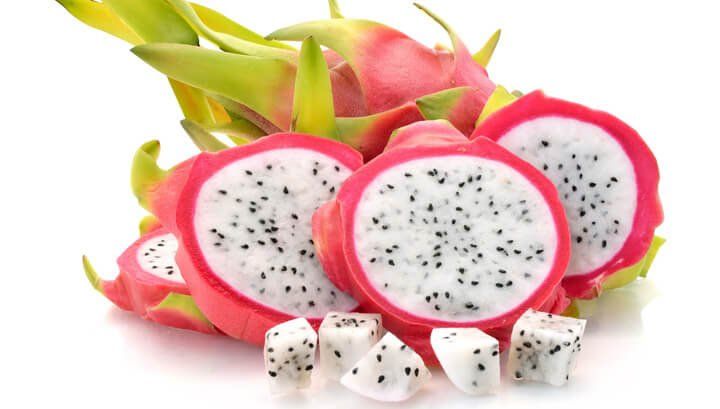
They’re red, spiky and look exactly like their name suggests. Dragon fruit is native to South America but has become popular in many of the equatorial regions of the world, particularly Southeast Asia.This wacky looking fruit is very nutritive and has many benefits inside the body. It is good for heart, slows down the process of aging, good for digestion, prevents diabetes and most importantly, it fights cancer.
Kiwano (Horned Melon) -
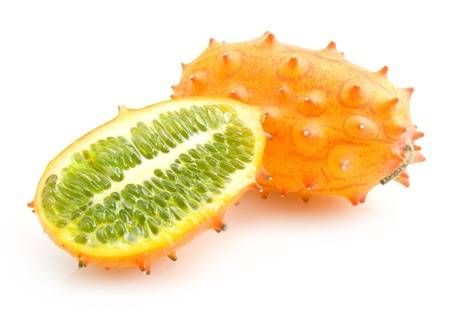
Kiwano is a beautiful and otherworldly-looking fruit that is native to Sub-Saharan Africa. The fruit has bright orange spiky skin filled with yellow and green seeds.The vibrant flesh tastes like lemony cucumber. Kiwano melon boasts an array of vitamins, minerals and offers several potent antioxidants many of which play a role in maintaining good health.
Feijoa (Pineapple Guava) -
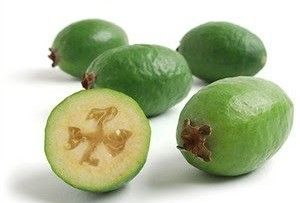
Feijoa is a small elliptical fruit with tart, slightly gritty flesh that you can scoop out with a spoon. It’s native to Brazil, Paraguay, and Argentina. It has a wide range of health benefits, including aiding weight-loss goals, improvingdigestion, loweringcholesterol levels, boosting the immune system, increasing bone strength, decreasingblood pressure, etc.
Ackee -
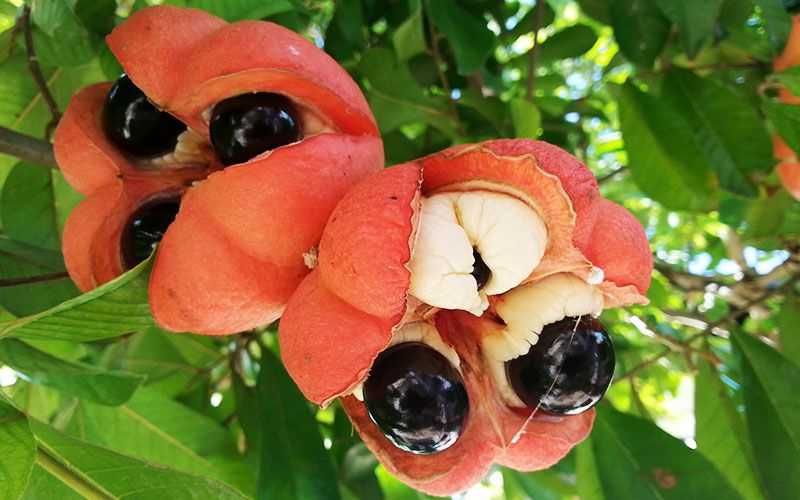
Ackee is one of the rarest fruits and looks very peculiar and is grown in West Africa. It is also the national fruit of Jamaica. In Africa, it is a regular part of the diet and is eaten with vegetable dishes. This fruit has very low carbohydrate and fat content but may also contain poison which is why it has been banned by the Food and Drug Authority in the United States.
Rambutan -
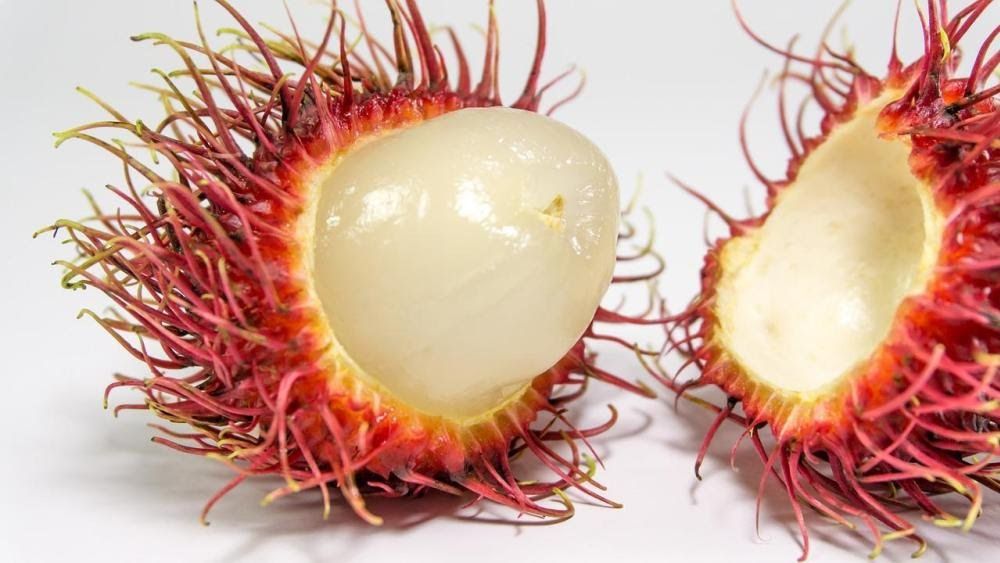
This rare and weird-looking fruit is found in Southeast Asia and is named after the Indonesian word Rambut meaning hair. Inside this fruit is the pulp that looks somewhat like litchi and has a single large seed inside it. However, it tastes like a grape. Rambutan is a rich source of carbohydrates, proteins, and copper and helps to increase the white blood cell count and boost immunity.
Jabuticaba -
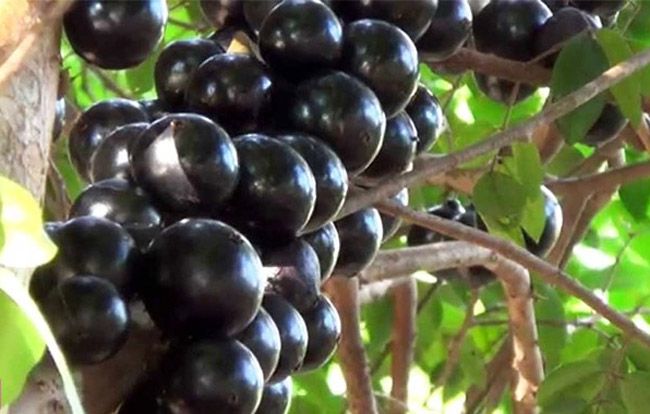
This unusual and rare fruit is found in parts of Brazil and looks somewhat like a grape and jamun. The interesting thing about this fruit is that it grows on the bark of the tree and not the branches and bunches of this fruit look like outgrowths of the trunk. It has a white pulp that is very sweet, fragrant and is used to make jams, jellies, and sweets as well as in flavoring wine. It also has medicinal properties that help reduce the symptoms of asthma and acidity.
Physalis -
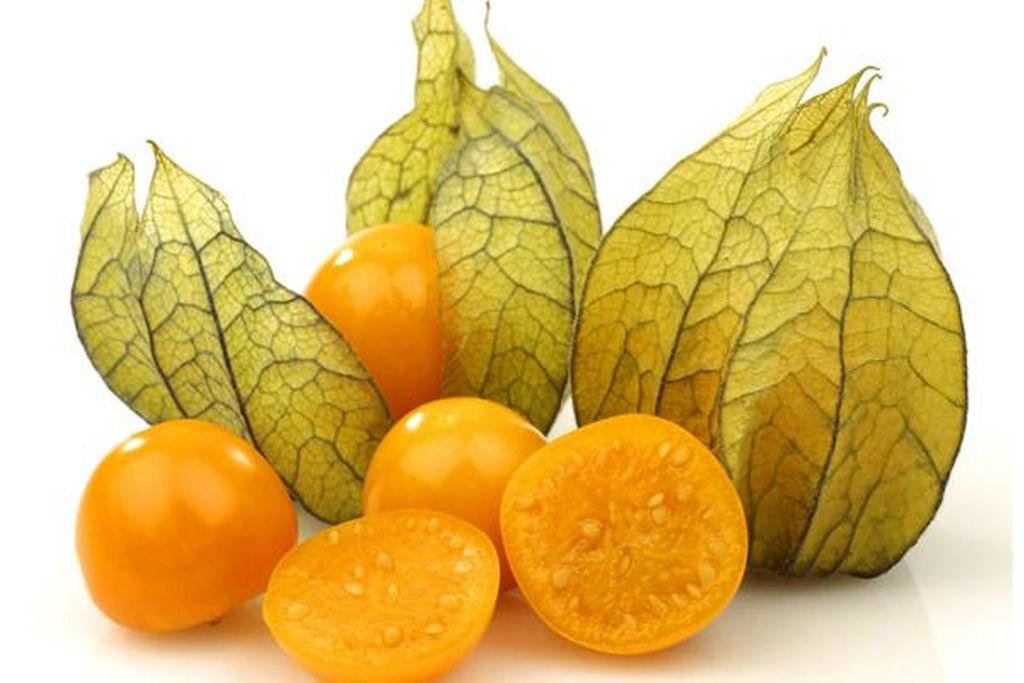
This yellow colored fruit is commonly found in South America. It belongs to the family of the tomato and has a similar taste, acidity, and internal structure. It is much smaller than a tomato and has an outer covering that looks like a translucent leafy husk. It is used in traditional medicine because of a high concentration of Vitamin B, Vitamin C and Iron found in it. It is also known to boost immunity, protect liver and kidney against fibrosis, antioxidant benefits, etc.
Mangosteen -
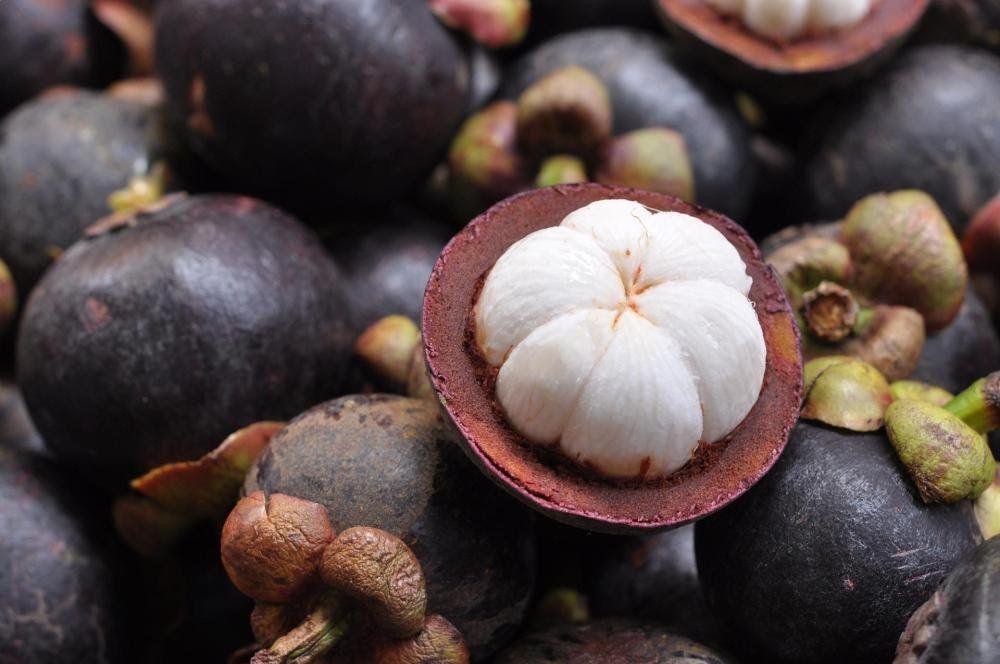
This rare fruit is native to Indonesia and is a popular act crop there. It has a thick leathery outer shell that is purple in color and a soft edible part inside it. The edible part looks somewhat like the cloves of garlic and is closely packed together. It is rich in vitamin C and has other medicinal properties that prevent diarrhoea and urinary infection and boost immunity. The juice of this fruit is a popular summer drink in South Asian countries.
